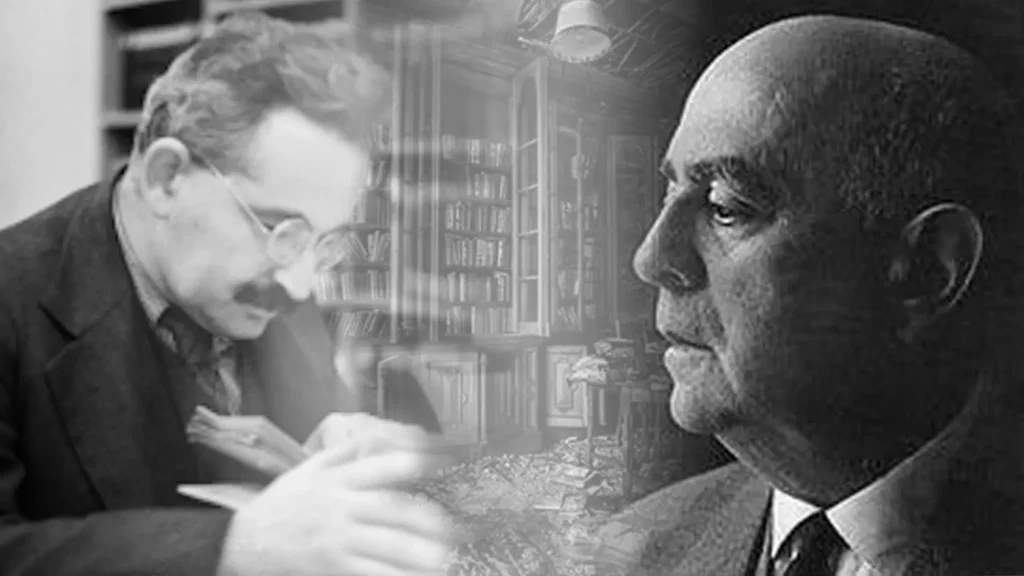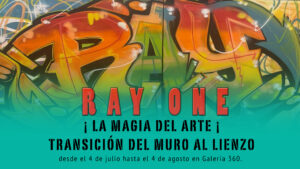Since I began my studies in aesthetics and philosophy, I have always remembered two figures who left a profound mark on critical thought: Walter Benjamin and Theodor Adorno. Their relationship, marked by intense friendship and intellectual collaboration, was also filled with tensions due to their differing philosophical approaches.
Walter and Theodor met in the 1920s in Berlin, as part of an influential intellectual circle exploring themes of aesthetics, culture, and critical theory. Their connection was characterized by mutual admiration, but also by fundamental differences in their perspectives. Benjamin, with his literary style and interest in aesthetic experience, sought to understand how art could serve as a means of social transformation. His work The Work of Art in the Age of Its Technological Reproducibility is a clear reflection of this quest.
On the other hand, Adorno took a more systematic and critical approach. He focused on aesthetic theory from a more dialectical and sociological perspective, arguing that art should critique mass culture and the cultural industry. As he delved deeper into his ideas, he felt that their differences became more evident.
When Adolf Hitler came to power in 1933, both philosophers were forced to leave Germany. Benjamin moved to Paris, while Adorno relocated to the United States. Although physical distance increased, they continued to exchange ideas through letters. In these correspondences, their differences became even more palpable: Benjamin seemed more interested in the possibility of redemption through aesthetics, while Adorno adopted a more pessimistic stance, insisting on the limitations of art in a world dominated by the cultural industry.
One of the most tragic moments in their relationship occurred in 1940. In his desperation to escape Nazi-occupied Europe, Benjamin made the decision to commit suicide at the Franco-Spanish border. Despite their differences, Adorno felt devastated upon hearing the news of his friend’s death. To him, Benjamin represented an authentic and committed voice in the realm of critical thought.
The relationship between Adorno and Benjamin has been the subject of study and analysis in the field of critical philosophy. Despite their divergences, both shared a deep commitment to social critique and a constant concern for the impact of capitalism on culture. Their letters and intellectual interactions reflect not only their friendship but also the complexity of critical thought during a time of crisis.
Through their writings, both continue to influence contemporary critical theory, reminding us of the importance of questioning and reflecting on art and society. The story of Walter Benjamin and Theodor Adorno is a testament to the richness of critical thought. Their friendship, both collaborative and tense, reflects the struggles of their time and invites us to consider how intellectual connections can enrich our understanding of the world.









